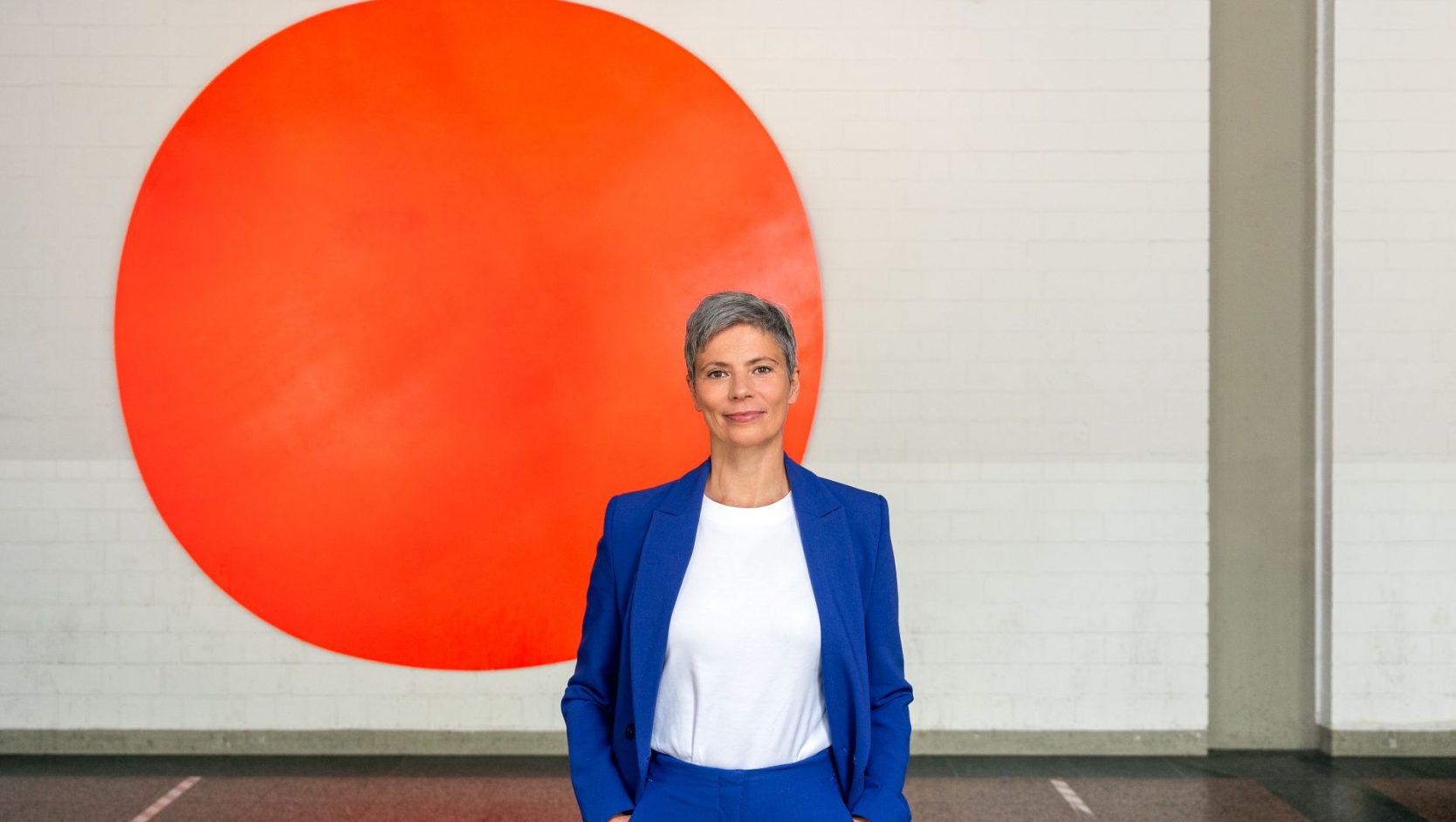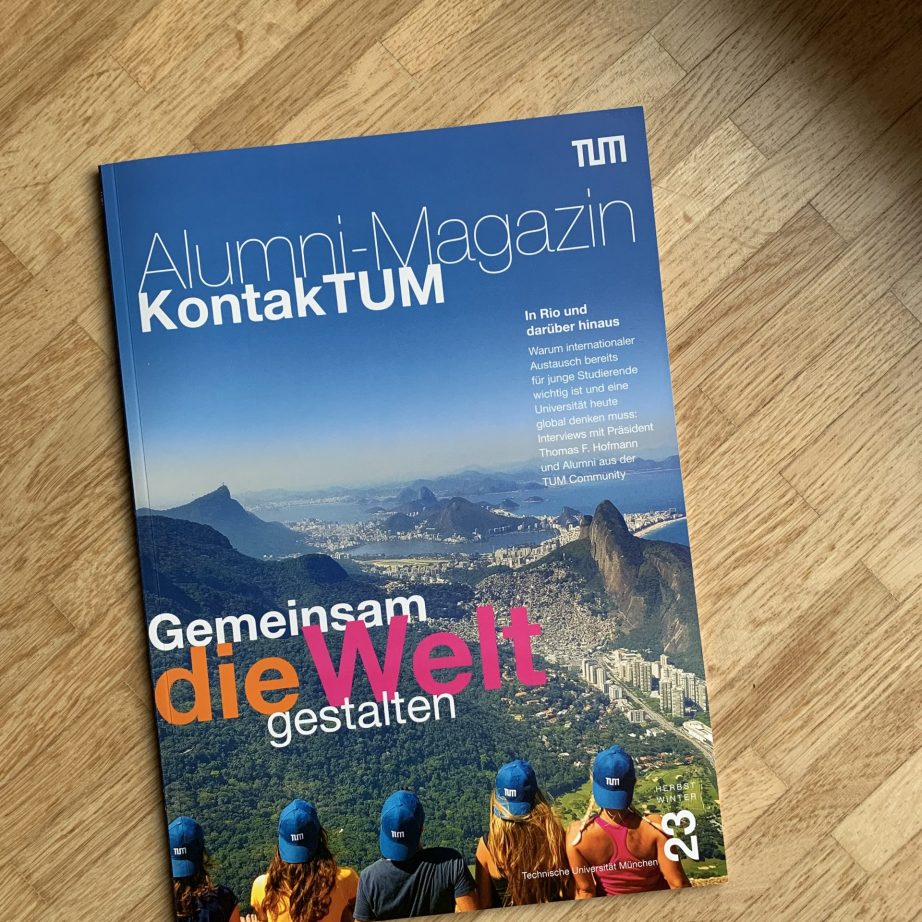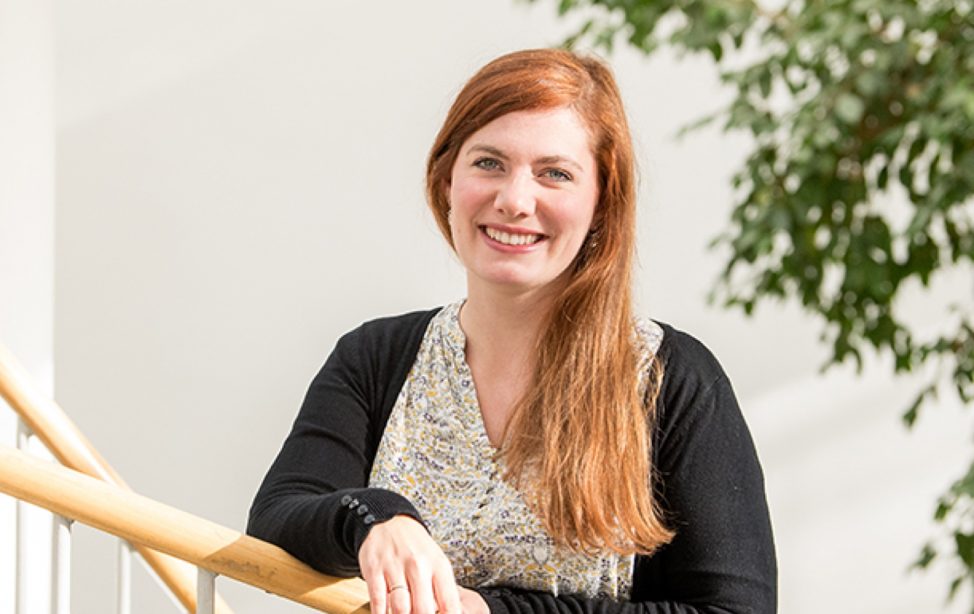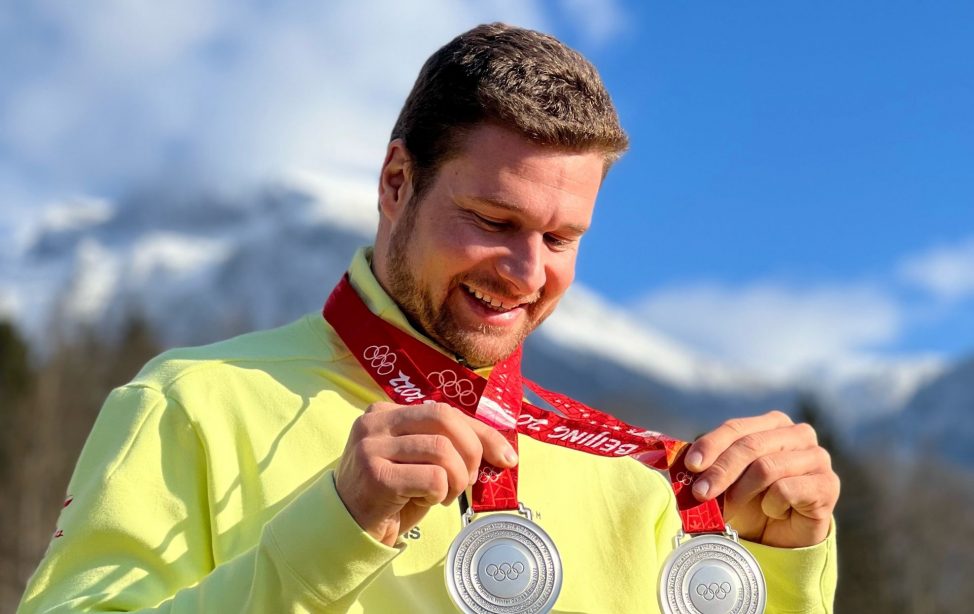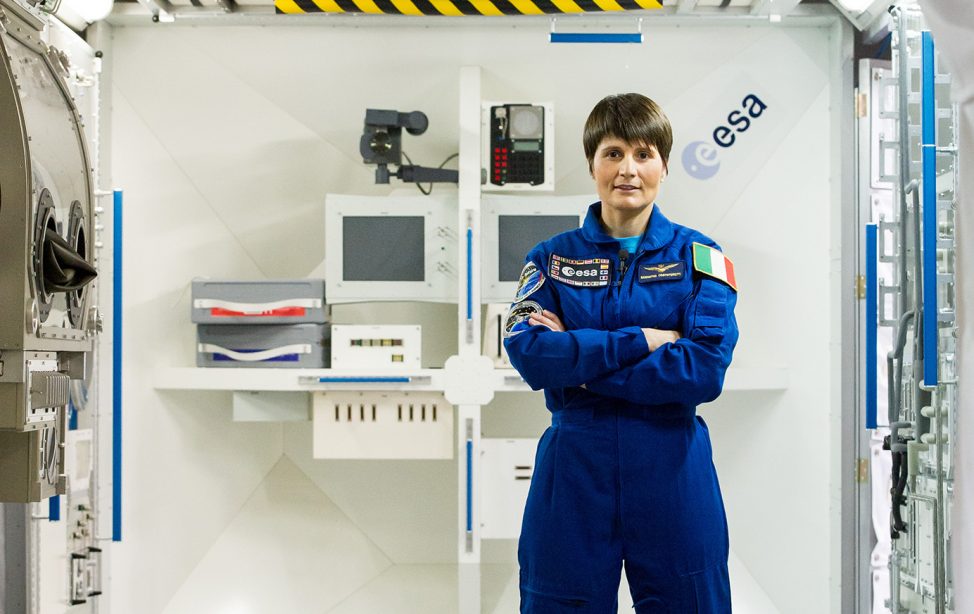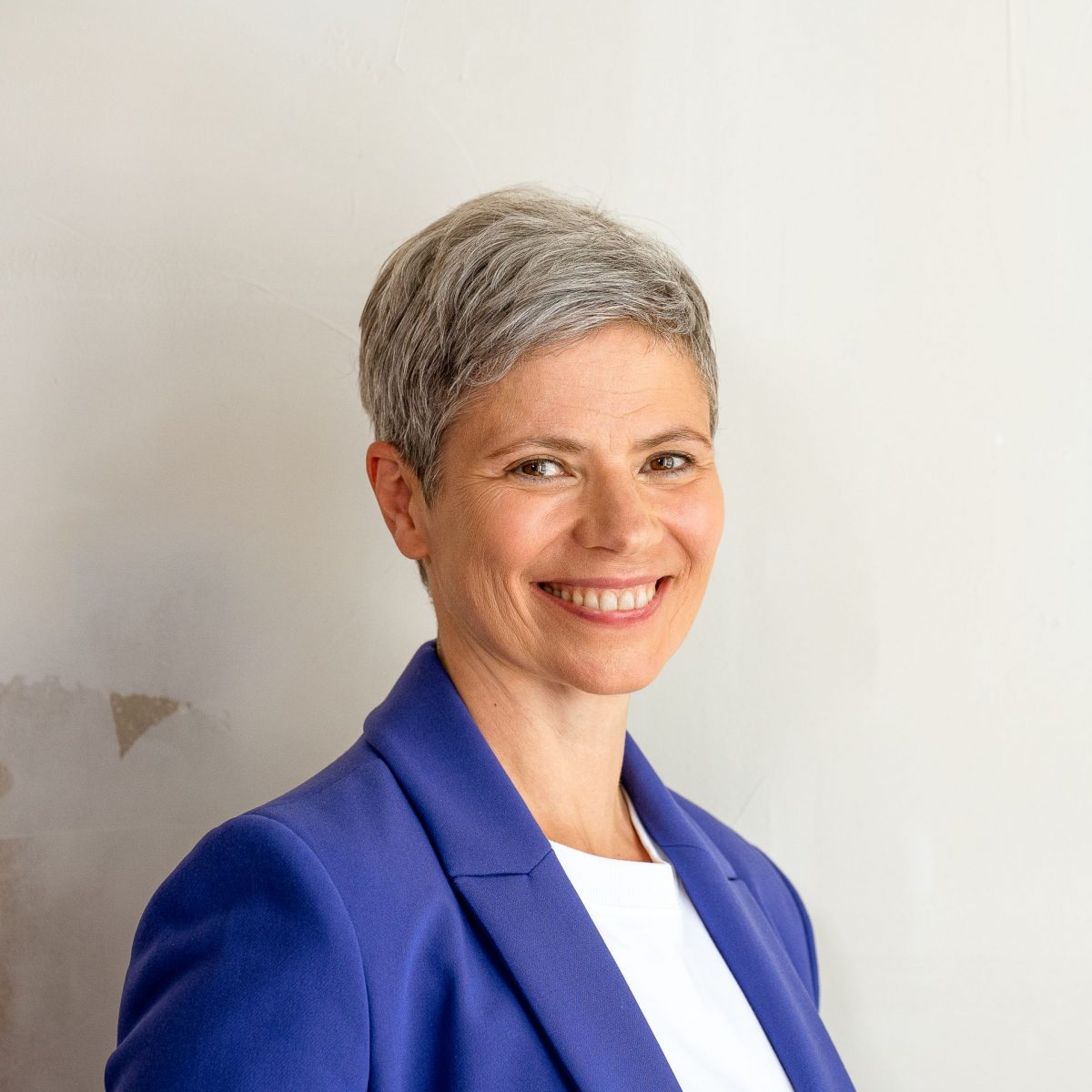
Dr. Silke Maurer, Chief Operating Officer (COO) MTU Aero Engines; Alumna of Technical University of Munich (Picture: Astrid Eckert/TUM).
In her career, she has developed a talent for putting the right people in the right positions and guiding processes towards success. Her experiences managing teams around the world, from Spain to China, have had a lasting impact on her view of leadership. At the same time, Silke Maurer believes in the importance of finding enjoyment in everything she does. She emboldens people to deliberately embrace challenges in order to broaden their horizons. Her own career is evidence that this approach can lead to a fulfilling, fascinating working life.
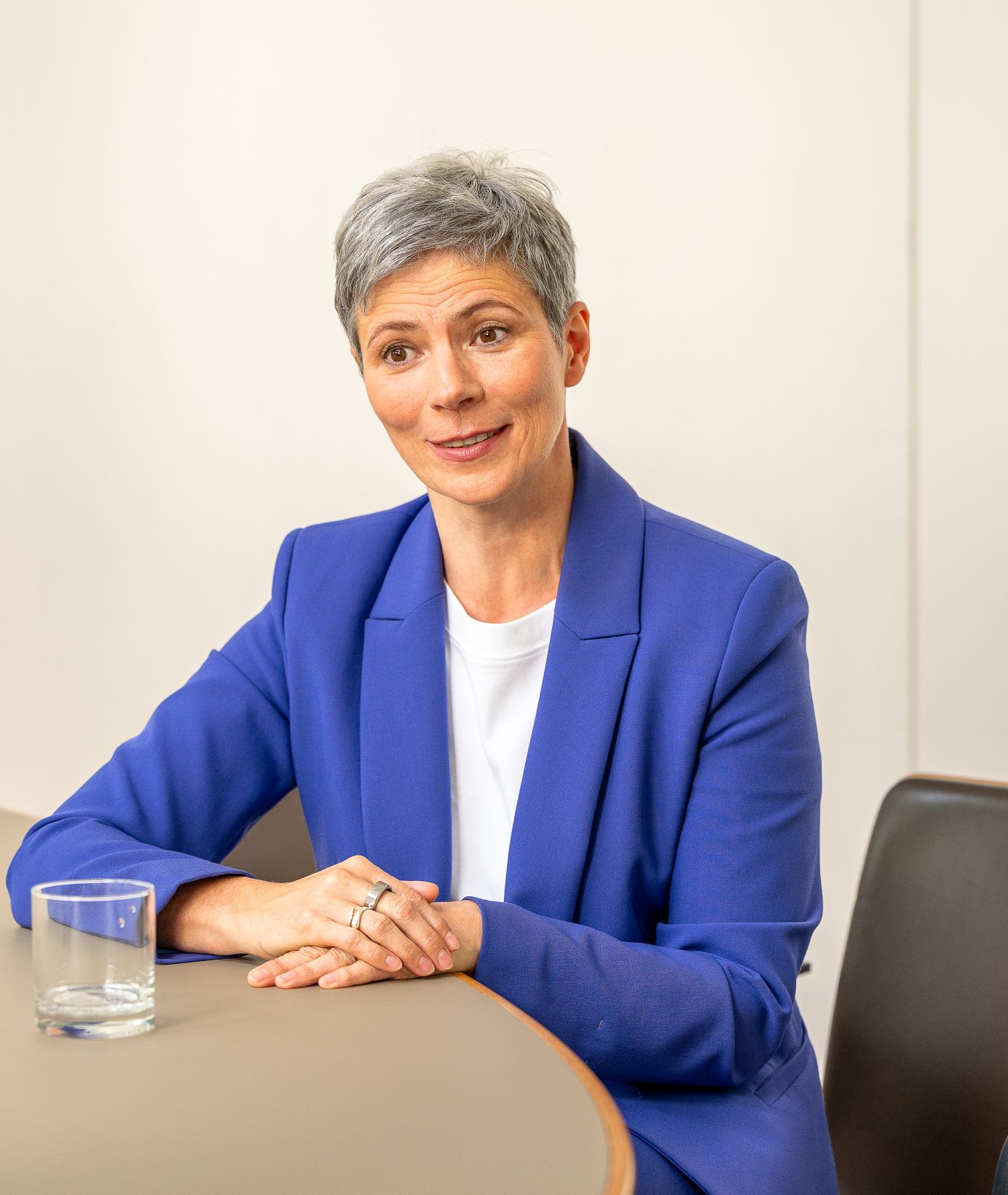
Dr. Silke Maurer, alumna of the Technical University of Munich (Picture: Astrid Eckert/TUM).
Master’s in Mechanical Engineering, 1997
Silke Maurer is Chief Operating Officer and a Member of the Executive Board at Bavarian engine manufacturer MTU Aero Engines. She studied mechanical engineering at TUM in the 1990s, graduating with a Master’s degree in 1997.
During her time at university, she also served as student representative in the Senate. Her first professional position was at BMW, where she later held various management roles, including spending two years at Husqvarna Motorcycles in Italy. Silke Maurer studied alongside her work to earn her doctorate from Cranfield University in the United Kingdom.
Following her final role in the BMW Group at Rolls-Royce Motor Cars, she joined the BSH Home Appliances Group in February 2017, where she was responsible for dealing with company locations around the world and finally held the position of Chief Operating Officer. She left the company to take up the role of Chief Operating Officer at Webasto. In February 2023, she joined MTU Aero Engines.
